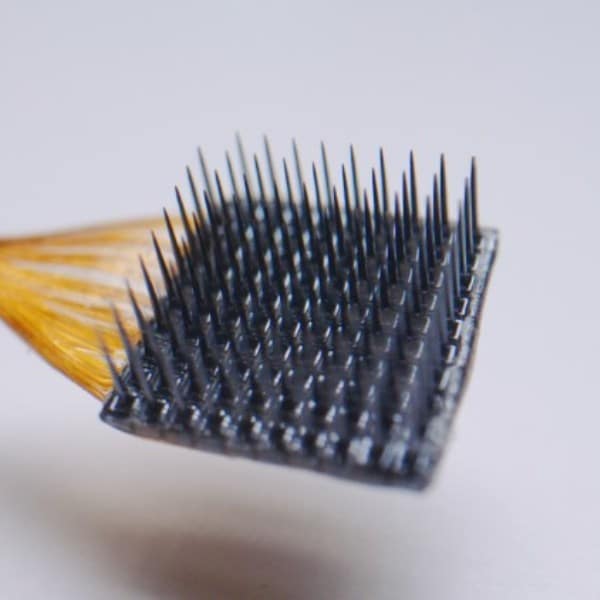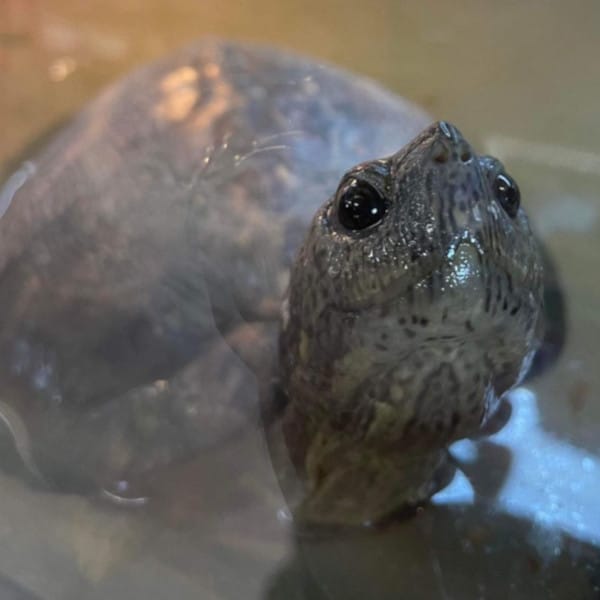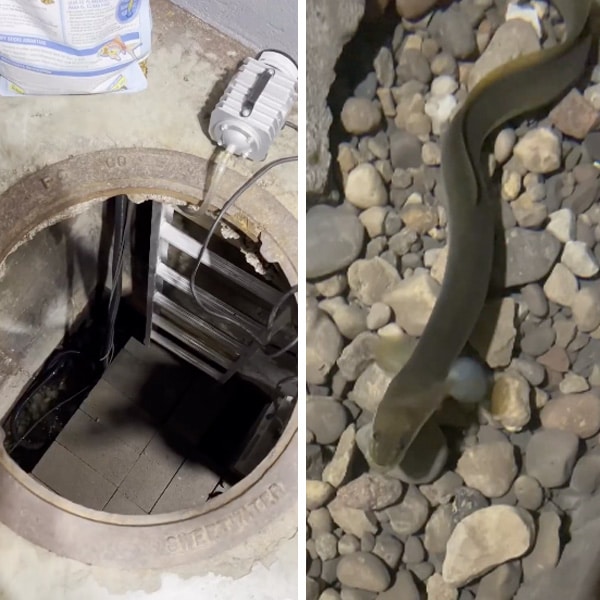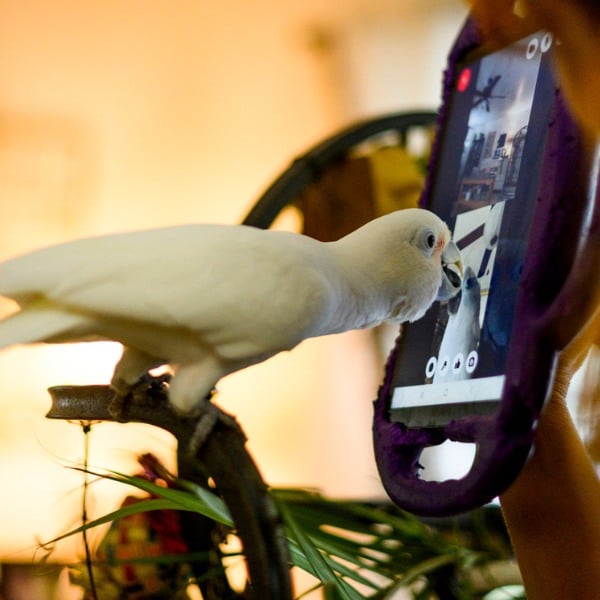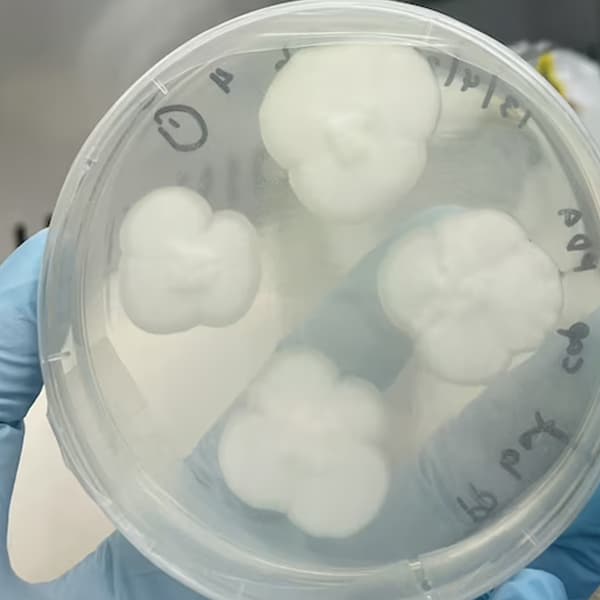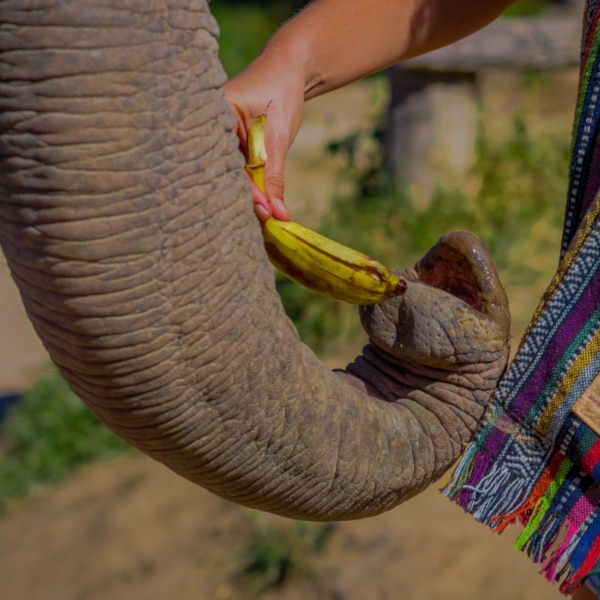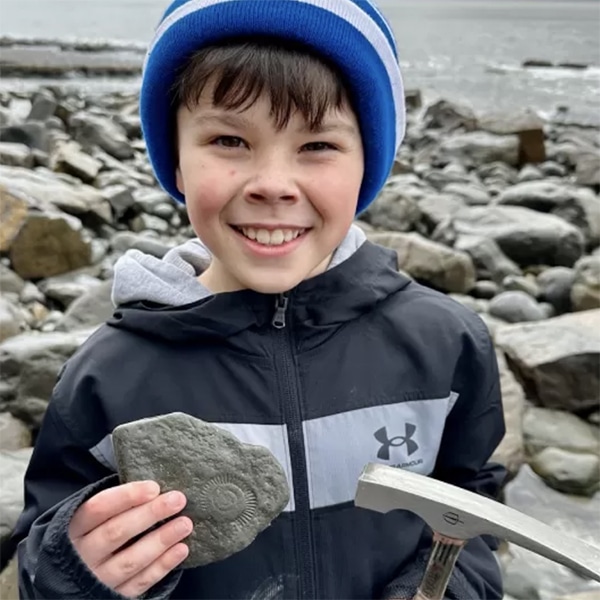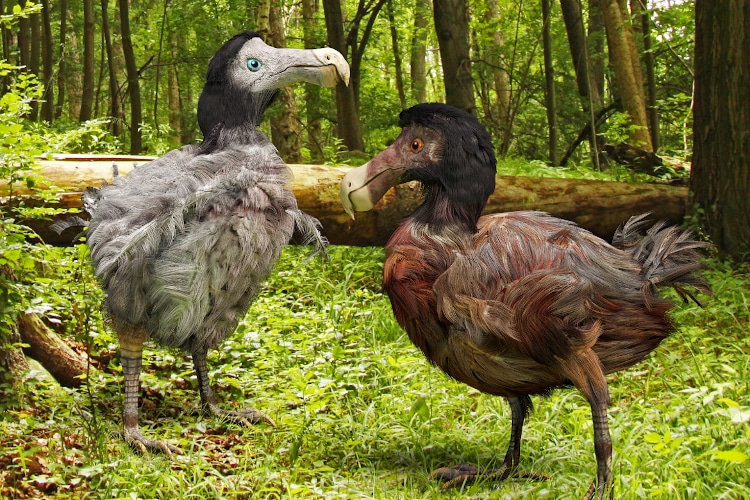
Photo: auntspray/Depositphotos
The dodo, a flightless bird that went extinct in the 17th century, has long been among the first animals that come to mind when we think of extinct species. However, their fate is also a testament to how humans can push a whole group of animals to the brink. Now, Colossal Bioscience, a genetic engineering company, has the mission to bring back the dodo—or more realistically, a simile of it.
This famous bird was native to the island of Mauritius; and thanks to records, we know it had a distinctive curved beak, a muted blue-gray color, and weighed as much as 50 pounds. Scientist have theorized that due to the lack of natural predators in its habitat, the dodo became a flightless bird with the passage of time. These animals thrived until the beginning of the 16th century, when Europeans began to arrive, introducing species that altered their ecosystem, such as rats, goats, pigs, and deer, on top of hunting them. By 1690, the dodo was extinct. While in pop culture they are regarded as clumsy creatures, academics theorize they were more agile than it is thought, given their anatomic features.
“The Dodo is a prime example of a species that became extinct because we—people—made it impossible for them to survive in their native habitat,” says Beth Shapiro, Colossal Bioscience's lead paleogeneticist. “Having focused on genetic advancements in ancient DNA for my entire career and as the first to fully sequence the Dodo’s genome, I am thrilled to collaborate with Colossal and the people of Mauritius on the de-extinction and eventual re-wilding of the Dodo. I particularly look forward to furthering genetic rescue tools focused on birds and avian conservation.”
To do so, Colossal Bioscience plans to rely on gene editing techniques, mining the genome for key features that would then be reassembled with help from the dodo's closest living relative, the Nicobar pigeon. From there, the team would create primordial germ cells that would then be transferred into a surrogate chicken host.
If they were successful in their efforts to bring back the dodo, the resulting animal wouldn't be a dodo per se. The team refers to the resulting creature as a proxy, since they wouldn't be true replacements for a dodo, but more of a creature with its characteristics that could take its place in its ecosystem in the hopes of bringing back balance. The company has said they want to reintroduce it back to the wild in its native Mauritius. On top of that, it would be missing the behavioral traits that make a dodo a dodo, since these are learnt from parents and the community, and the resulting bird would be on its own.
To support these “de-extinction” efforts, Colossal Bioscience has received $150 million in a second round of funding from venture capital firms—including United States Innovative Technology Fund and In-Q-Tel, a company funded by the CIA. The company is also working on bringing back the mammoth and the thylacine. While the work on these fellow extinct species was announced earlier, the dodo would be the first bird to be brought back from extinction.
While the company has stated that the findings of this project could ensure the safekeeping of currently endangered species and provide it with more tools for their protection, some scientists wonder if this should be pursued at all, or whether the resources could be better used in caring after the animals that currently roam the earth today. “There is no doubt this is an iconic bird. I’ve no idea whether the mechanics of this will work as they claim, but the question is not just can you do this but should you do it,” Professor Ewan Birney, deputy director of the European Molecular Biology Laboratory, told The Guardian. “There are people who think that because you can do something you should, but I’m not sure what purpose it serves, and whether this is really the best allocation of resources. We should be saving the species that we have before they go extinct.”
Colossal Bioscience, a biotech company, has the mission to bring back the currently extinct dodo through gene editing techniques.
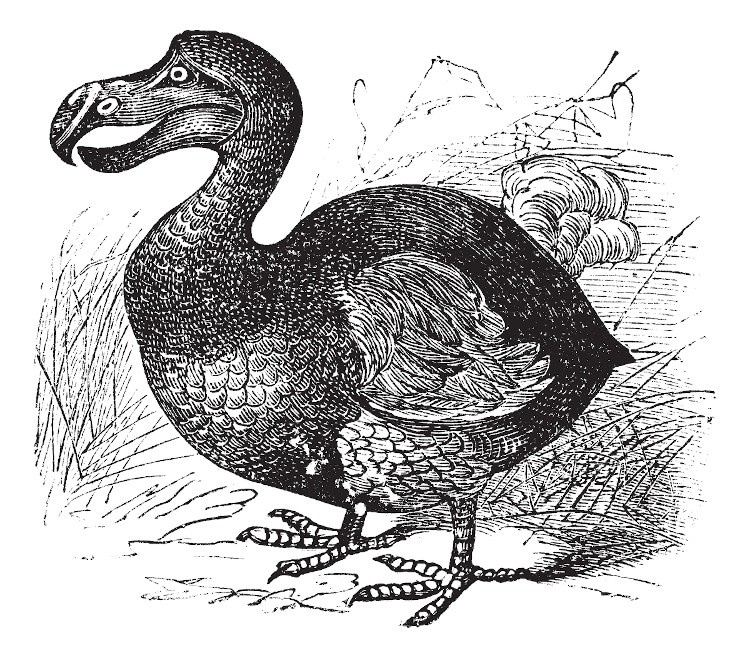
Photo: Morphart/Depositphotos
Learn more about this project in the video below:
Ver esta publicación en Instagram
Colossal Biosciences: Website | Instagram
h/t: [IFL Science]
Related Articles:
Closest Living Relative to the Dodo Bird Dazzles with Vibrant Iridescent Plumage
Macro Photography Highlights Beauty of Extinct and Endangered Insects [Interview]
Last Known Member of Giant Tortoise Species Thought To Be Extinct Is Discovered on Galápagos Islands
This Retired Engineer Has Saved Over 1,200 Varieties of Apples From Extinction












































































